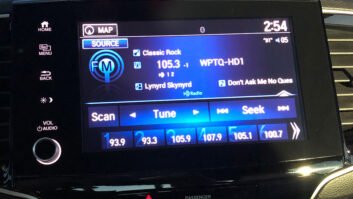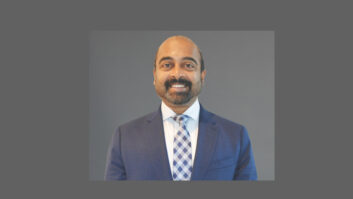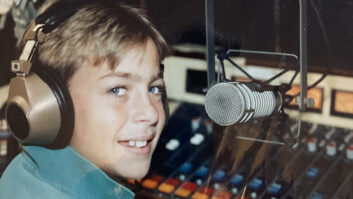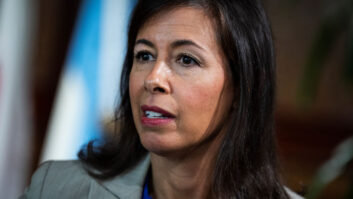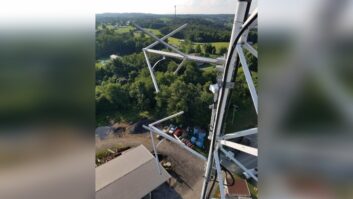I read with great interest the article by Randy Stine “Are Broadcasters ‘Gaming’ the Translator Rules?” (RW May 10), in which John Garziglia was quoted about translators and how duly licensed FM and AM stations are complaining about interference from those translators.

As always, there are two sides to every issue. The side that John failed to address is the audience that suffers when interfering translators take away from listeners, stations they have listened to for 50 years-plus, such as our facilities.
We are not seeking to extend our coverage; it already was there, and people on the fringe have invested in outdoor antennas, towers and fine receivers to hear our stations because they want good content.
So what about their loss when someone puts on a secondary service that destroys their listenership?
We have a perfect example of what some of these translator people are doing. We have 100,000 W at 97.5 700 feet in the air. A competitor who realizes we have a substantial audience in his area about 55 miles away put an AM fill-in FM translator on 97.7, which is tearing the hell out of our signal that has served those listeners for over 50 years.
Another travesty is a recent LPB college station that was put on the air just outside our protection area that radiates interference into our area that had former listeners, and they get out like no low-power I’ve ever heard, and they are right on 97.5.
I am deeply confused by FM translators being granted to Class Four AMs, who a few years back cried their eyes out and got 1,000 W day and night. That should be good enough.
FM fill-in translators should be reserved for stations like our AM that go directional at night and have a pattern that removes coverage off the back of our array to our listeners only 6 miles away.
A good friend of mine not so long ago got out of the business, citing that there are too many stations. I think he was right on. I stayed and begin to wonder why.
John, quit worrying about the poor translator people and begin worrying about the listeners. After all, they are what radio’s all about.
Ed DeLaHunt, CEO
DeLaHunt Broadcasting
Park Rapids, Mich.





